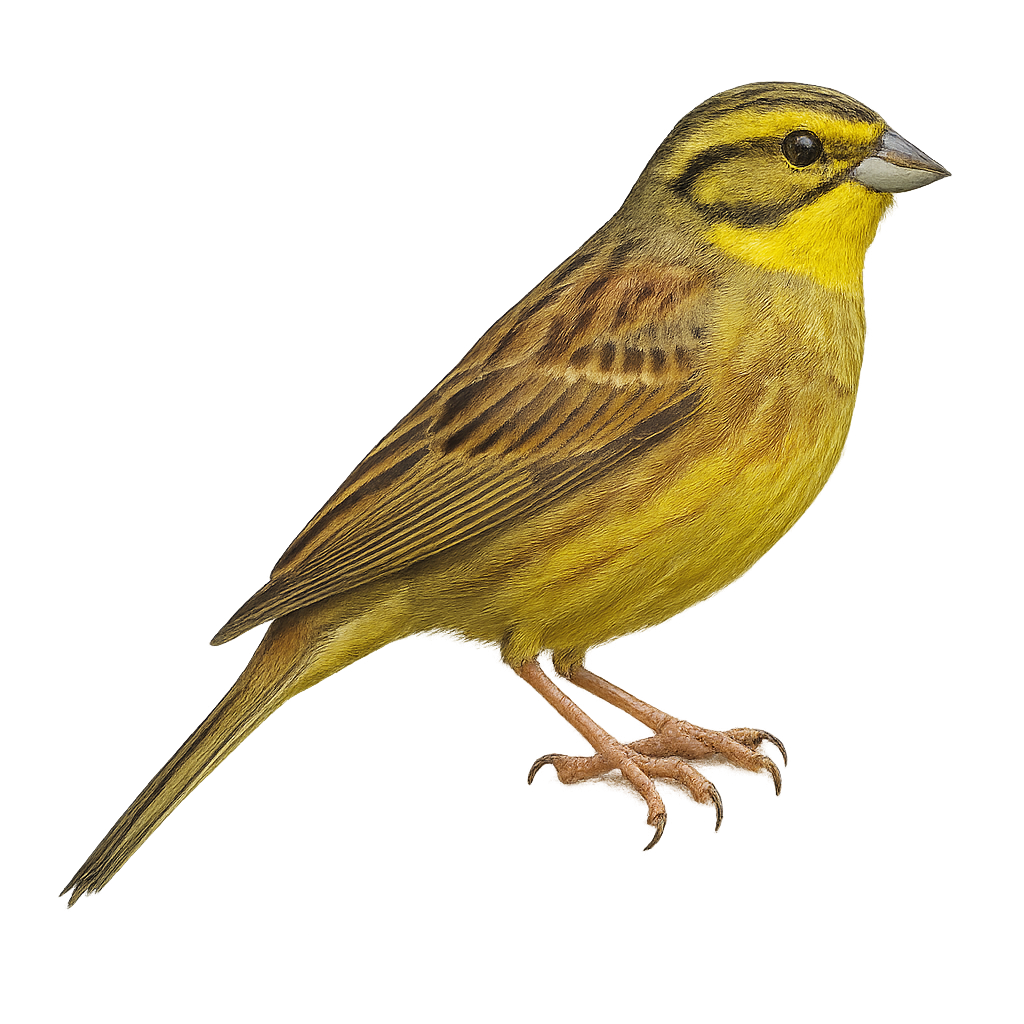Your wildlife photography guide.
Explore the cirl bunting in detail, study its behavior, prepare your shots.
Where to observe and photograph the cirl bunting in the wild
Learn where and when to spot the cirl bunting in the wild, how to identify the species based on distinctive features, and what natural environments it inhabits. The WildlifePhotographer app offers tailored photography tips that reflect the cirl bunting’s behavior, helping you capture better wildlife images. Explore the full species profile for key information including description, habitat, active periods, and approach techniques.
Cirl bunting
Scientific name: Emberiza cirlus

IUCN Status: Least Concern
Family: EMBERIZIDAE
Group: Birds
Sensitivity to human approach: Very shy
Minimum approach distance: 20 m
Courtship display: March to June
Incubation: 12-14 jours
Hatchings: March to July
Habitat:
Sunny grasslands, hedgerows and scrub
Activity period :
Primarily active during the day, with peak activity in the morning and late afternoon.
Identification and description:
The Cirl bunting is a small passerine in the bunting family Emberizidae, measuring 16–17 cm in length, with streaked brown plumage and a yellow head marked by a black crown and dark throat. It inhabits sunny grasslands, hedgerows and scrub, feeding mainly on seeds and insects. During breeding, it builds a nest in low bushes and the male sings from an exposed perch to attract the female and defend its territory.
Recommended lens:
400 mm – adjust based on distance, desired framing (portrait or habitat), and approach conditions.
Photography tips:
Position yourself at dawn near a thick hedgerow or low scrub, remain motionless until the male sings from a low shrub. Shoot from a slight low angle to isolate it against the sky and use a fast shutter speed to freeze wingbeats.
From knowledge to field practice
A species profile helps you understand an animal. In the field, the challenge is often different. Remembering your own observations.
The WildlifePhotographer app allows you to:
• record your personal observations
• note locations, dates, and behaviors
• revisit your field references over time
• build a private and long-term field logbook
The app does not provide observation locations.
It helps you organize what you actually observe, with respect for wildlife.

